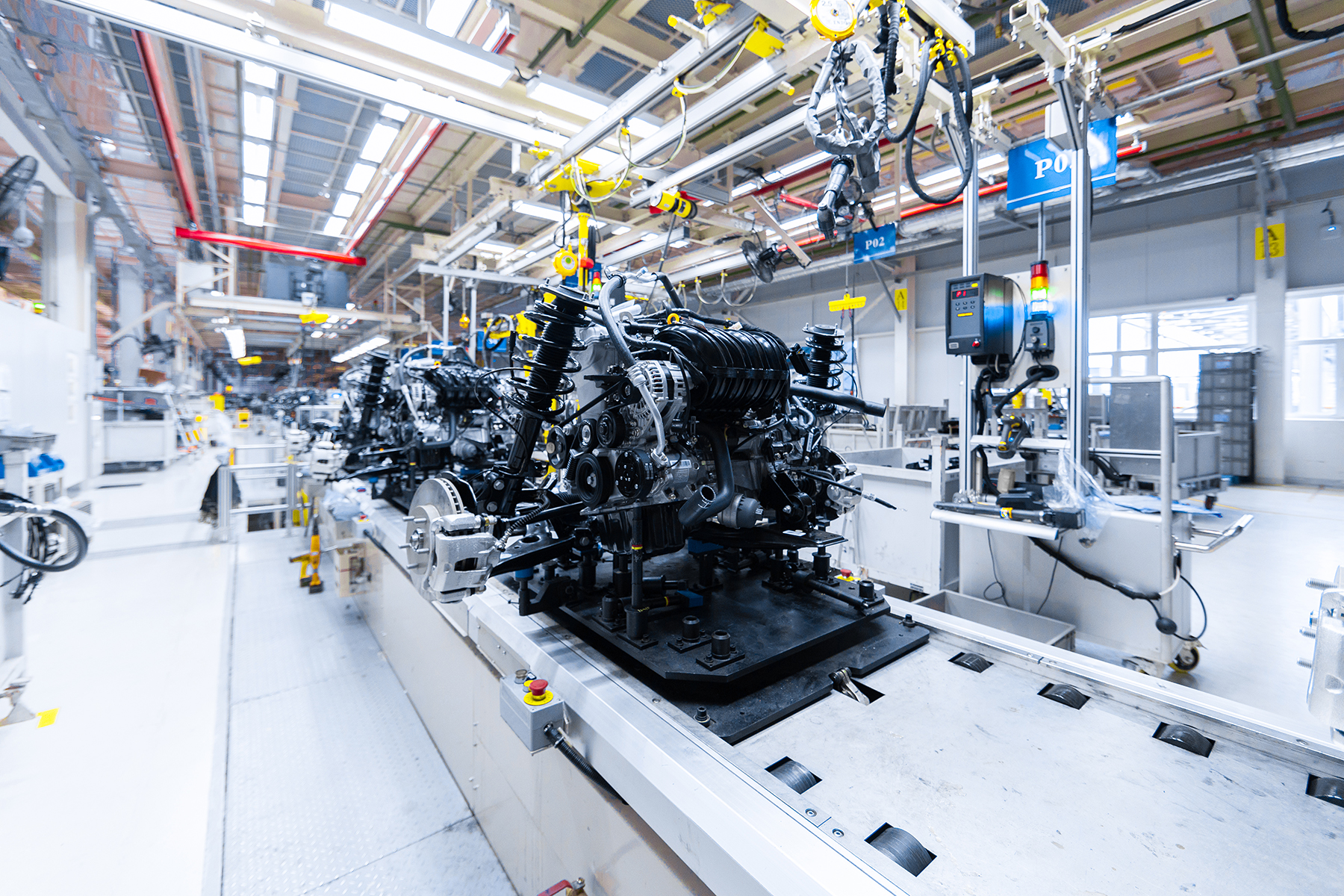The major automotive manufacturers are still facing a lack of production nearly one full month into the third quarter of 2021. This is the result of a perfect storm – the semiconductor chip shortage and increased demands for vehicles as the country continues to re-open. Ford, General Motors, BMW, and many others in the automotive industry have announced continued shut down or slowdown of plant operations during the third quarter. While this initially seemed like a short-term problem, the backlog will likely continue through the remainder of 2021.
The automotive industry is certainly not alone in production shortages and issues with supply chains – medical devices, furniture, and household items like toilet paper and cleaning supplies were all impacted. However, the recent issue with production shortage in the automotive industry has brought into question the just in time inventory method utilized by many companies across the globe. Just in time inventory is when a company receives goods from suppliers only as they are needed. This method avoids having large warehouses filled with product. In turn, companies can avoid significant overhead – building and upkeeping of massive warehouses and employees to work in the warehouses.
Many in the automotive industry have utilized the just in time inventory method and required suppliers to bring products as needed. However, this backfired during the pandemic. At the outset of the pandemic, many automakers decreased supply requests – including semiconductor chips – because of low demand for new vehicles. The semiconductor chips are a vital piece for vehicles as most vehicles contain over 100 chips. This will only increase because of the shift to electric and autonomous vehicles. Without a steady supply of the semiconductor chips, production comes to a halt because the vehicles cannot be fully assembled.
Once the auto manufacturers started requesting the semiconductor chips again, the companies that produce the semiconductors had already made deals with other industries. Thus, there was a lack of the chips. This resulted in thousands of vehicles being manufactured without the installation of the semiconductor chips – leaving the vehicles useless.
How will the chip shortage impact the automotive industry going forward? There are three options that will most likely happen: 1) maintain the status quo of just in time inventory; 2) completely overhaul inventory practices; or 3) a hybrid model.
Companies that maintain the status quo of the just in time method are those that believe the shortage was caused by a once in a century global pandemic. The just in time inventory method has worked for decades and made storing supplies an efficient process. The least likely option is that the automotive industry changes the entire inventory system. This would result in manufacturers maintaining large warehouses full of products that could keep a plant running for months. This is not a likely option because it does completely change how the auto industry has operated. This would also be a significant investment because these companies do not have the warehouses available that are large enough to store the products needed. The most likely option is that automotive manufacturers find a happy medium. This hybrid model can take a variety of forms – buying a lot of cheap products that will not result in a costly up-front investment to store, buying products that are not readily available so that there is a backup option, or buying a small supply of all the products needed so that massive warehouses are not necessary but production could continue if there was a shortage. These options are not exhaustive and manufacturers will have to assess what method works best. However, most manufacturers are likely to adapt to the issues highlighted by the pandemic.
For more information, please contact Brice Smallwood, or any attorney with Frost Brown Todd’s Automotive industry team.

